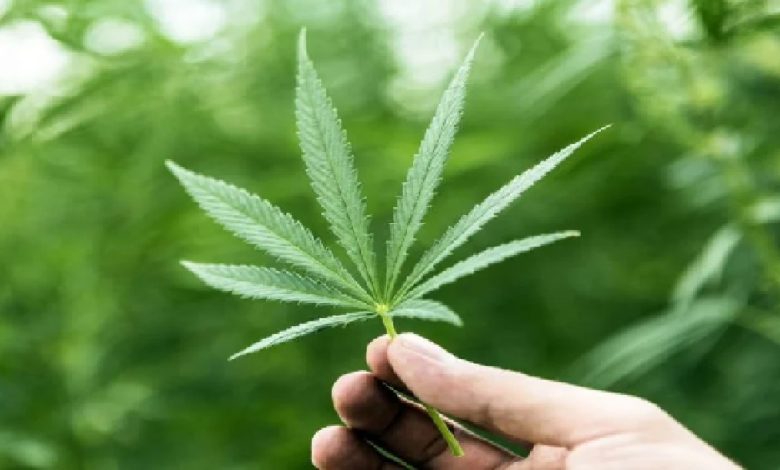Role of Healthcare Providers in Facilitating Medical Marijuana Cards

A growing number of nations have legalized the use of medicinal marijuana to treat a limited number of ailments. Physicians, especially general practitioners (GPs), play a significant role in implementing these regulatory policies.
However, GPs and hospital physicians differ in their attitudes and beliefs towards the medicinal use of cannabis.
Patient Education
Although many hospital physicians and GPs have heard from patients who are interested in using medical cannabis, only some have openly accepted it as part of treatment. This may be due to concerns about stigma and legal or professional ramifications, which may discourage patients from opening lines of communication with their physicians.
Research has found that hospital physicians and GPs who are experienced in prescribing cannabis are more likely to accept it and believe that it is safe and effective. The reason for this is unclear, but it might be related to their specialized knowledge of drug substitution and responsibilities regarding specific patient groups, such as patients with epilepsy or addiction treatment.
Another study examined physician attitudes and beliefs about medical cannabis and found that they depend on several factors. Specifically, the number of years that medical cannabis has been available and whether they have experience providing it to their patients are associated with their attitudes toward prescription and beliefs in its effectiveness.
In addition, studies have found that participants who spoke with their PCPs about their interest in medical cannabis rated them as highly knowledgeable and confident in their ability to integrate cannabis into treatment. This rating was higher for secondary care providers who worked in cannabis clinics than primary care providers who did not.
Referrals
Patients seeking to use medical marijuana must have a state-approved healthcare practitioner to certify their condition. Some states limit practitioners to specific conditions, while others have no restrictions.
Most hospital physicians and GPs reported inquiries from patients about cannabis and were generally open to discussing the topic. However, a wide variation exists in their willingness to provide recommendations, which may be related to their personal experiences with cannabis and beliefs about its effectiveness. More research using larger study populations and cohort designs is needed to understand better how these factors influence physicians’ attitudes and prescribing practices.
Companies that offer to help patients obtain certifications charge for the service. Those who complete the process often receive a card that they can use to purchase cannabis at dispensaries. Some of these companies have been accused by multiple experts in addiction treatment and public health of making claims that are false or misleading.
Follow-Up Care
Cannabis is effective in managing some medical conditions, such as cancer and terminal illness. However, physicians have varying attitudes towards its use. Some believe that the drug is a social and criminal matter and should not be within the scope of medicine. In contrast, others accept it as an alternative therapy for specific diseases. The latter group of doctors also believes that medical marijuana can be a valuable substitute for other medications, including opioids.
Patients with a Delaware medical marijuana card receive an order from their doctor or healthcare practitioner, which they can fill out at a dispensary. Patients unable to travel to a dispensary can designate and register caregivers who may purchase marijuana on their behalf.
A recent study surveyed participants on their interactions with primary care providers (PCPs) and secondary care providers about the use of medical cannabis. Participants indicated the primary symptoms they used medical marijuana to manage, whether their PCP signed their medical cannabis license authorization, and their level of confidence in their PCP’s ability to integrate the drug into their treatment. The researchers then analyzed the data to determine how PCPs and their knowledge of medical marijuana could be associated with their attitude towards prescribing the drug and beliefs about its effects.
Dispensing
The Schedule I designation of cannabis causes healthcare institutions to pause when allowing patients access to medical marijuana. This relates to the risk of losing federal funding or grants. It also means that physicians must be very clear with patients regarding medical cannabis use and their prescription of other medications or substances. This reflects the lack of integration between mainstream healthcare and medical cannabis. Increasing provider education about medical cannabis could alleviate some of these concerns.
A patient must have a valid certification from a health care practitioner (PCP) to obtain a medical marijuana card. PCPs must use their professional judgment to determine whether a patient has a medical condition that qualifies as a disabling illness under state law. They must then certify that diagnosis on an annual basis.
A certified patient may designate up to five caregivers. Caregivers can assist in a variety of ways, including purchasing and transporting marijuana, educating patients on strains, dosages, and consumption methods, and helping to navigate the healthcare system. However, the responsibilities of caregivers vary by state and jurisdiction. It is common for individuals to serve as both a patient and a caregiver. However, it is not recommended that an individual become both a patient and a caregiver to minimize the potential for drug-drug interactions. Those designated caregivers must receive training before becoming a certified patient’s designated caregiver.



